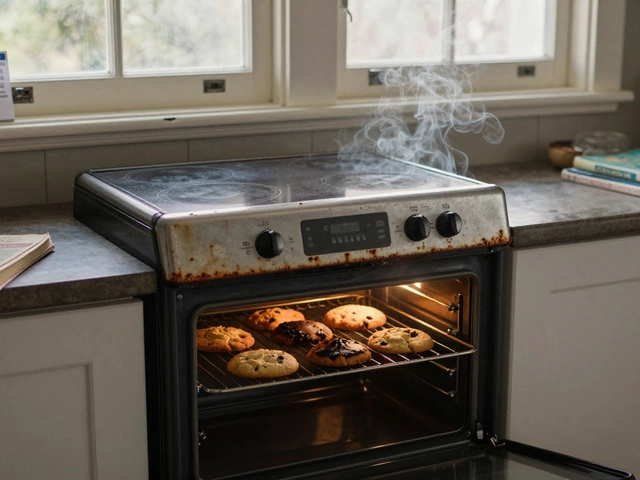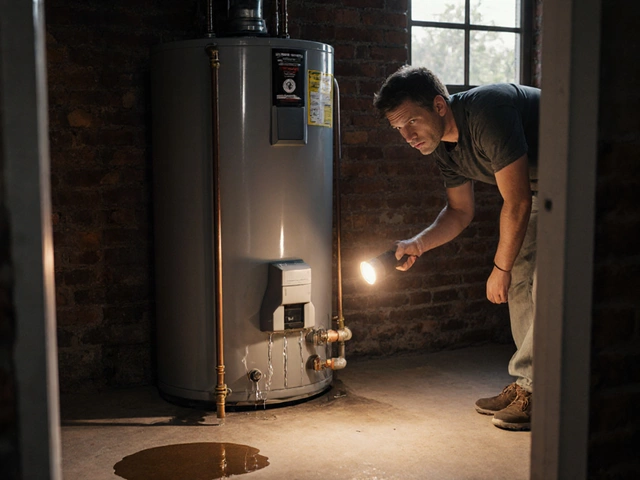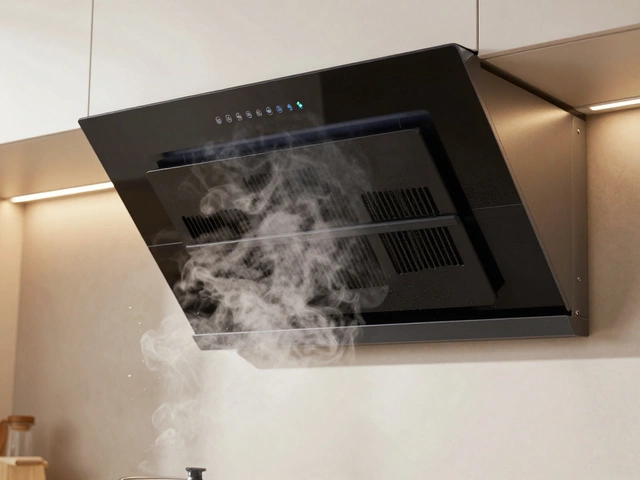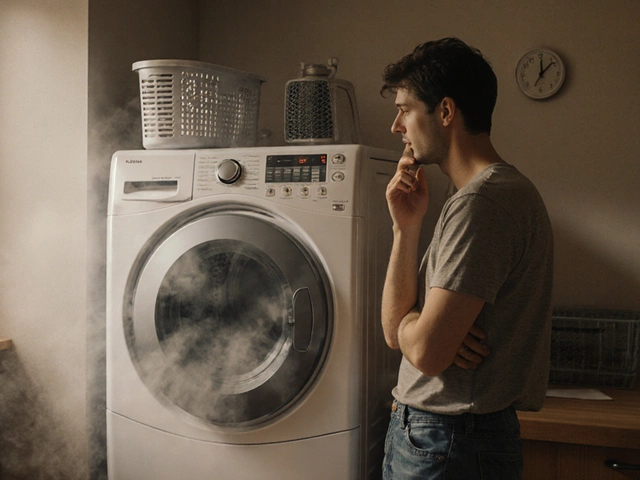How Often Should You Replace a Cooker? Signs It’s Time to Upgrade
January 11 2026Electric Oven Lifespan: How Long Can Your Oven Really Last?
If you own an electric oven, you’ve probably wondered how many years it will keep cooking for you. The answer isn’t a fixed number – it depends on how you use it, how well you look after it, and the quality of the original build. Most electric ovens stick around 10‑15 years before major parts start giving up, but you can push that number higher with a few simple habits.
Factors That Influence an Oven’s Life
First off, the brand and model matter. Higher‑end ovens often use sturdier heating elements and better insulation, which means they tolerate heat cycles longer. Cheaper models may cut corners on parts, so they can fail sooner.
How often you bake or roast is another big factor. An oven that sees daily use will age faster than one that’s only fired up on weekends. Each heating cycle stresses the element, thermostat, and wiring, gradually wearing them down.
Temperature settings also play a role. Running the oven at its max temperature for long periods can stress the thermocouple and degrade the interior coating. If you frequently grill or use the broiler, expect a shorter lifespan for those components.
Lastly, the installation environment can speed up wear. A kitchen with poor ventilation, high humidity, or stray power spikes can cause corrosion or electrical issues. A stable, dry, and well‑ventilated spot gives the oven a better chance to last.
Maintenance Tips to Extend the Life
Cleaning is the easiest way to add years to your oven. Wipe spills right away – burnt food can damage the interior coating and make the heating element work harder. A monthly wipe‑down with a mild cleaner keeps the fan and vents clear, improving airflow and reducing hot spots.
Check the door seal regularly. A cracked or worn gasket lets heat escape, causing the oven to run hotter and overwork the heating element. Replacing a seal is cheap and can save a lot of energy.
Calibrate the thermostat every few years. If the oven’s temperature is off, the element may stay on longer than needed. Most ovens have a simple adjustment knob or a menu setting – consult the manual or call a professional if you’re unsure.
Don’t ignore strange noises or uneven heating. A rattling fan or hot spots can signal a failing part. Early repairs are usually cheaper than waiting for a full element breakdown.
Finally, protect the oven from power surges. Plugging it into a surge protector or installing a whole‑home protector can prevent electrical damage that shortens the appliance’s life.
When you notice the oven taking longer to preheat, not reaching set temperatures, or the heating element looking worn, it’s time to evaluate repair versus replacement. If the oven is under ten years old and the repair cost is less than half the price of a new unit, fixing it makes sense. Older ovens with multiple recurring issues are better off replaced – a new, energy‑efficient model will lower your bills and give you peace of mind.
In short, an electric oven can easily hit the 12‑year mark if you keep it clean, check seals, calibrate the thermostat, and guard against power spikes. Treat it well, and it will keep serving up roasts, cakes, and midnight pizza for many years.
 16 Apr
16 Apr
How Long Should an Electric Oven Last?
Figuring out how long your electric oven should last can be puzzling, but there are some key factors that help. Most electric ovens have a lifespan of about 13 to 15 years if they're looked after properly. Maintenance, usage habits, and brand quality play significant roles. Understanding these factors can help extend your oven's life and even optimize its performance over the years.
Read More...



